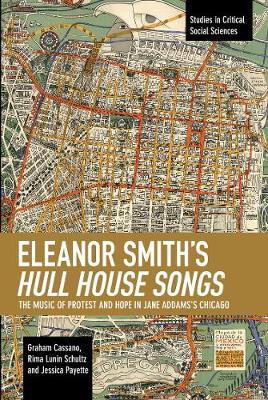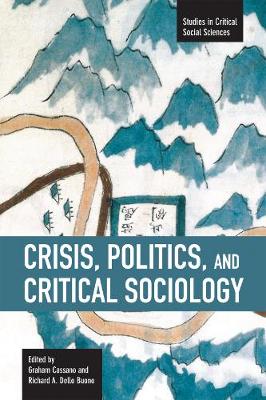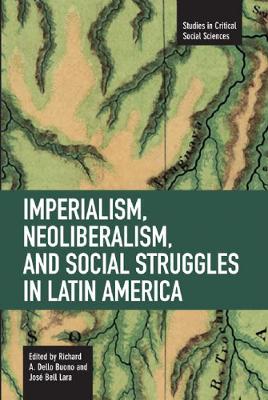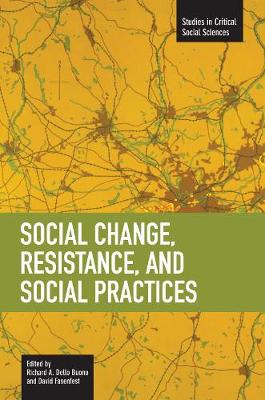Studies in Critical Social Sciences
2 primary works • 5 total works
Book 69
Book 131
Eleanor Smith's Hull House Songs
by Graham Cassano, Rima Lunin Schultz, and Jessica Payette
In Eleanor Smith's Hull House Songs: The Music of Protest and Hope in Jane Addams's Chicago, the authors re-publish Hull House Songs (1916), together with critical commentary. Hull-House Songs contains five politically engaged compositions written by the Hull-House music educator, Eleanor Smith. The commentary that accompanies the folio includes an examination of Smith's poetic sources and musical influences; a study of Jane Addams's aesthetic theories; and a complete history of the arts at Hull-House. Through this focus upon aesthetic and cultural programs at Hull-House, the author-editors identify the external, and internalized, forces of domination (class position, racial identity, patriarchal disenfranchisement) that limited the work of the Hull-House women, while also recovering the sometimes hidden emancipatory possibilities of their legacy.
With an afterword by Jocelyn Zelasko.
Crisis, Politics And Critical Sociology
by Richard A Dello Buono and Graham Cassano
Imperialism, Neoliberalism, And Social Struggles In Latin America
by Richard A Dello Buono




